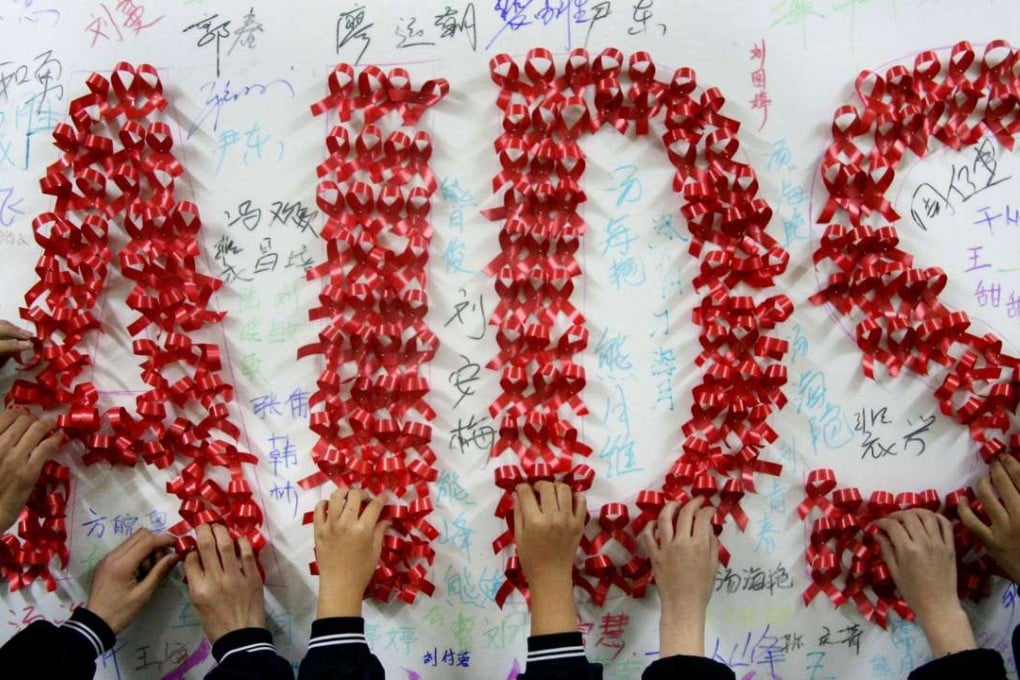HIV/Aids patients still face rejection and discrimination in China’s leading hospitals
Despite decade-old anti-discrimination rules, patients say doctors still fear treating them

When 34-year-old “Frank” was diagnosed with a varicocele, a common disorder of blood vessels around the testicles, his doctor told him he needed surgery.
The operation would be routine but after he told doctors he was HIV-positive, the procedure was postponed several times.
“The doctors said my problem was complicated, so they had to postpone my surgery. But I know they don’t want to do it because I have HIV,” he said.
Frank wasn’t surprised – he’d expected to be rejected outright by the No 4 Hospital in Xuzhou, Jiangsu province, based on the experiences of other patients. But he still felt downhearted and helpless.
“It’s a common disorder [but it’s difficult to get treatment],” he said. “If I develop some serious illnesses [besides HIV/Aids], I think my only choice will be just to wait to die.”
Frank is one of the 575,000 HIV/Aids patients on the mainland, according to the country’s disease control authority, but the real number could be far higher.